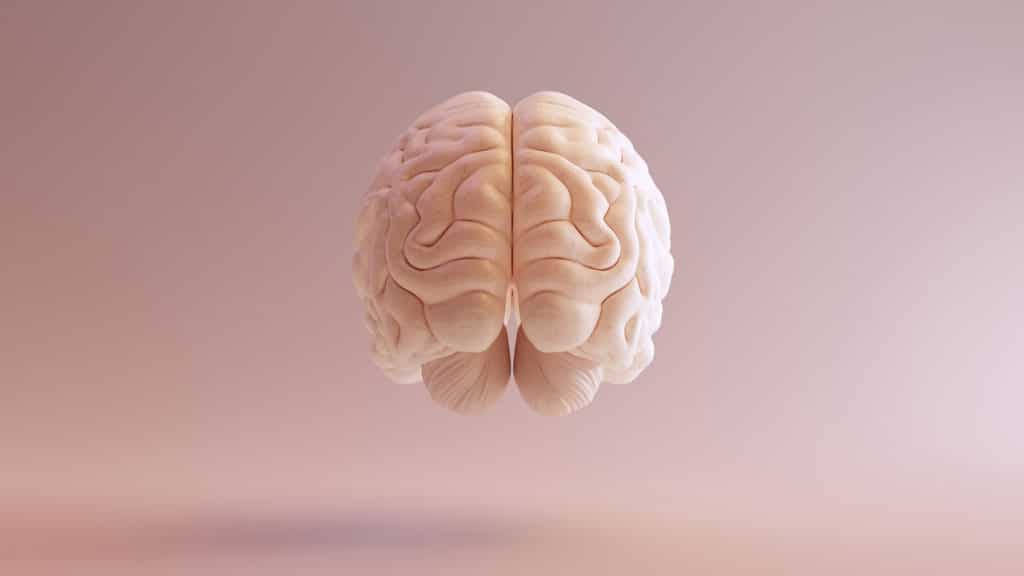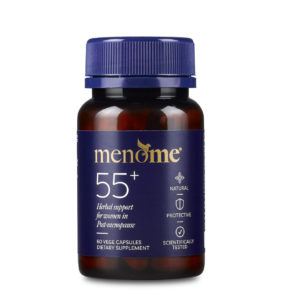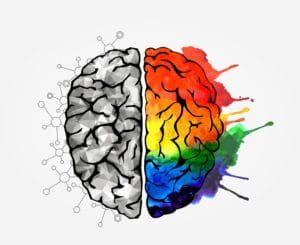How Menopause Affects Your Brain

The brain and menopause.
This is a very important subject as peri/menopause and diminishing estrogen can have a profound effect on our brains.
Brain Changes During Menopause
You might have noticed you’re experiencing things like brain fog and forgetting where you’ve put your keys. These are very common symptoms of peri and post-menopause. They’re inconvenient and frustrating at best, and at worst can disrupt your daily life.
There are also far bigger changes that can occur in our brains – particularly as we move into post-menopause – including the risk of dementia and Alzheimer’s. These conditions affect women more than men and are now the leading cause of death in Australia, surpassing heart disease. In New Zealand, 70,000 people are living with the disease.
Neuroscientist Lisa Misconi studies women’s brain
Neuroscientist and researcher Lisa Misconi studies the brains of living patients and uses the data to understand how brain health plays out differently in women than in men.
She leads the Women’s Brain Initiative research program at Weill Cornell Medical, where she also serves as associate director of the Alzheimer’s Prevention Clinic.
Her TED talk is a must-watch for every woman.
Enzogenol®

This is why it’s essential to protect the health of your brain and why we use Enzogenol® in 55+. Enzogenol® comes from the bark of New Zealand radiata pine trees (more on this next week). It’s got incredible research behind it for brain health particularly memory and cognition.
This is part of a series of articles about the brain and menopause. Please read the others below.








